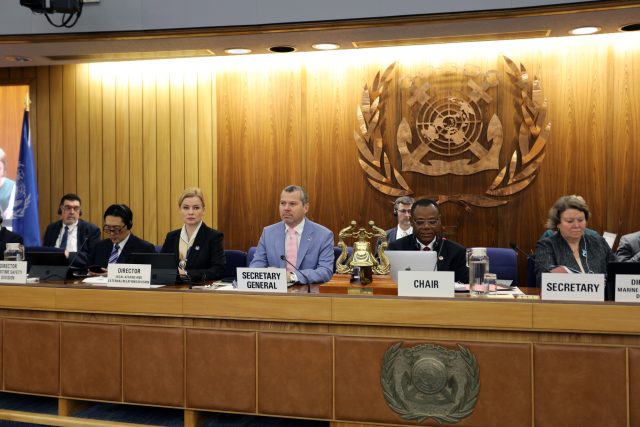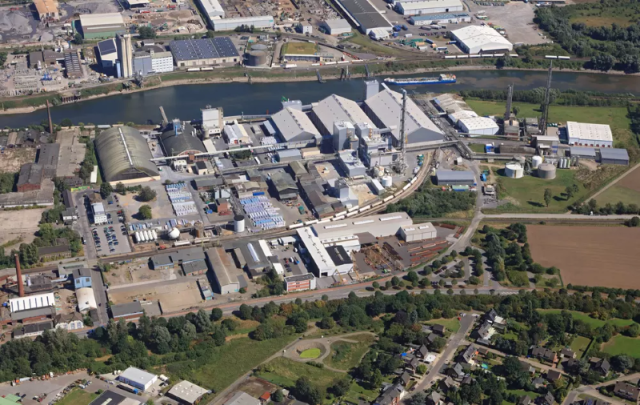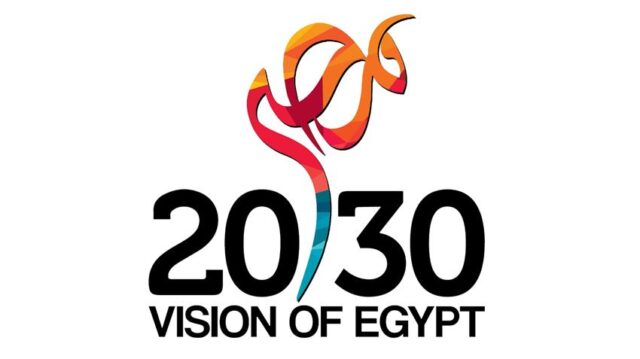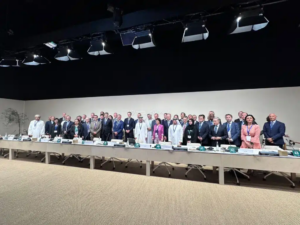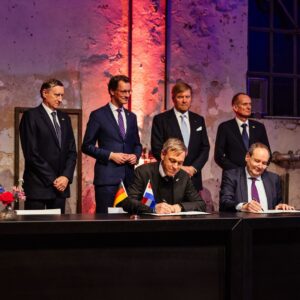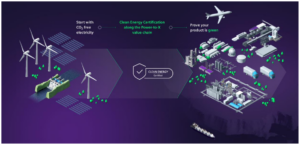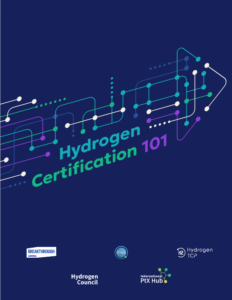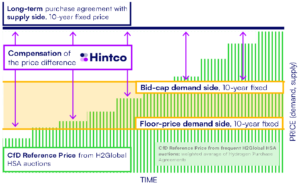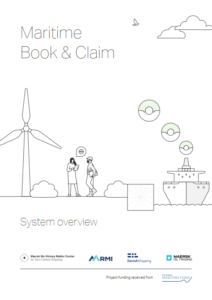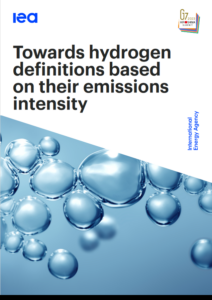IMO drives forward net-zero agenda
The IMO’s Maritime Environmental Protection Committee has made significant strides towards implementing its net-zero agenda. The IMO is seeking to implement a fuel standard supported by a pricing mechanism. While many details remain unresolved, important steps forward have been made on emissions boundaries, flexibility elements and default value calculation. The goal of launching policy measures by the end of 2025 remains ambitious, but the IMO has sent a clear signal that it is committed to its net-zero roadmap.
